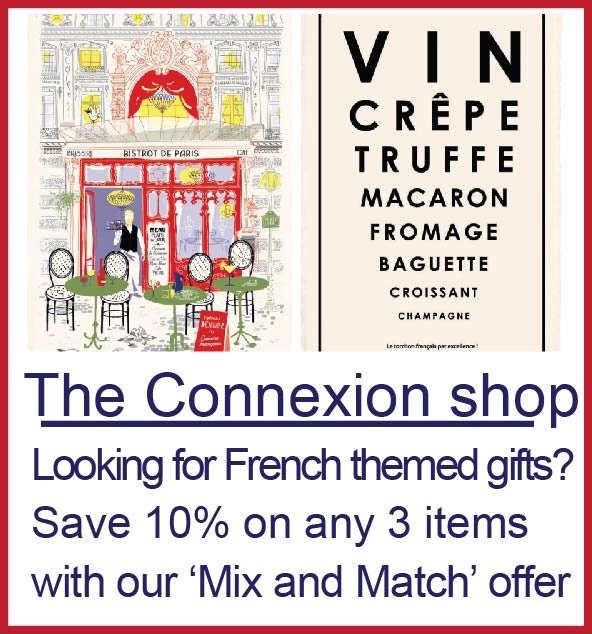Learning French: the origins and meaning of barbe à papa
Find out the funny French translation for this fluffy fairground treat
Barbapapa is also the name of a famous children’s picture book
Maria Bobrova / Shutterstock
Candyfloss, cotton candy, fairy floss… daddy’s beard?
This fluffy pink treat has been a staple of fairs, carnivals and markets for over a century, bringing with it the sweet nostalgia of fun-filled family adventures.
We will look at the origins behind the French translation of candyfloss and find out how it inspired the name of a famous children’s picture book.
What does barbe à papa mean?
Barbe à papa, which can also be written as barbe-à-papa, literally translates as: daddy’s beard.
This sugary cloud on a stick is known by a few different names across English-speaking countries such as candyfloss in the UK and cotton candy in the US.
The French translation of this word however, while less appetising, compares spun sugar to fluffy facial hair.
Read also: Meet the producers: Dieppe apple caramel spread
What are the origins of barbe à papa?
Machine-spun sugar, originally known as fairy floss, was first invented by an American dentist and confectioner duo in 1897.
It came to Europe in the 1920s and it is believed that France was the continent’s first country to industrially manufacture the sweet treat.
It was decided that the French translation of ‘candyfloss’ would evoke images of a fluffy beard, mirroring the wispy texture of the sugar, while offering a nostalgic nod to family funfair trips.
Barbapapa is also the name of a 1970s children’s picture book, created by the French-American couple, Annette Tison and Talus Taylor. The series of books were originally written in French before being translated into over 30 languages.
It is reported that the inspiration for the series came during a stroll through the Luxembourg Gardens in Paris. Taylor overheard a child asking his parents for what sounded like, ‘baa baa baa baa.’
Tison clarified the meaning of the words and later that day, the couple doodled a large pink shapeshifting Barbapapa character on a restaurant tablecloth.
Read also: Explore France's autumn festivals: from cider celebrations to medieval fairs
When do you say barbe à papa?
You will most likely hear this term or see it written in sparkly lights at a funfair:
Maman, est-ce qu’on peut manger de la barbe à papa à la fête foraine ? - Mum, can we eat some candyfloss at the funfair?
Je n'aime pas la barbe à papa parce qu'elle rend mes mains toutes collantes. - I don’t like candyfloss because it makes my hands all sticky.
Read also: Tata, frangin, papounet: cute French names for family members






























